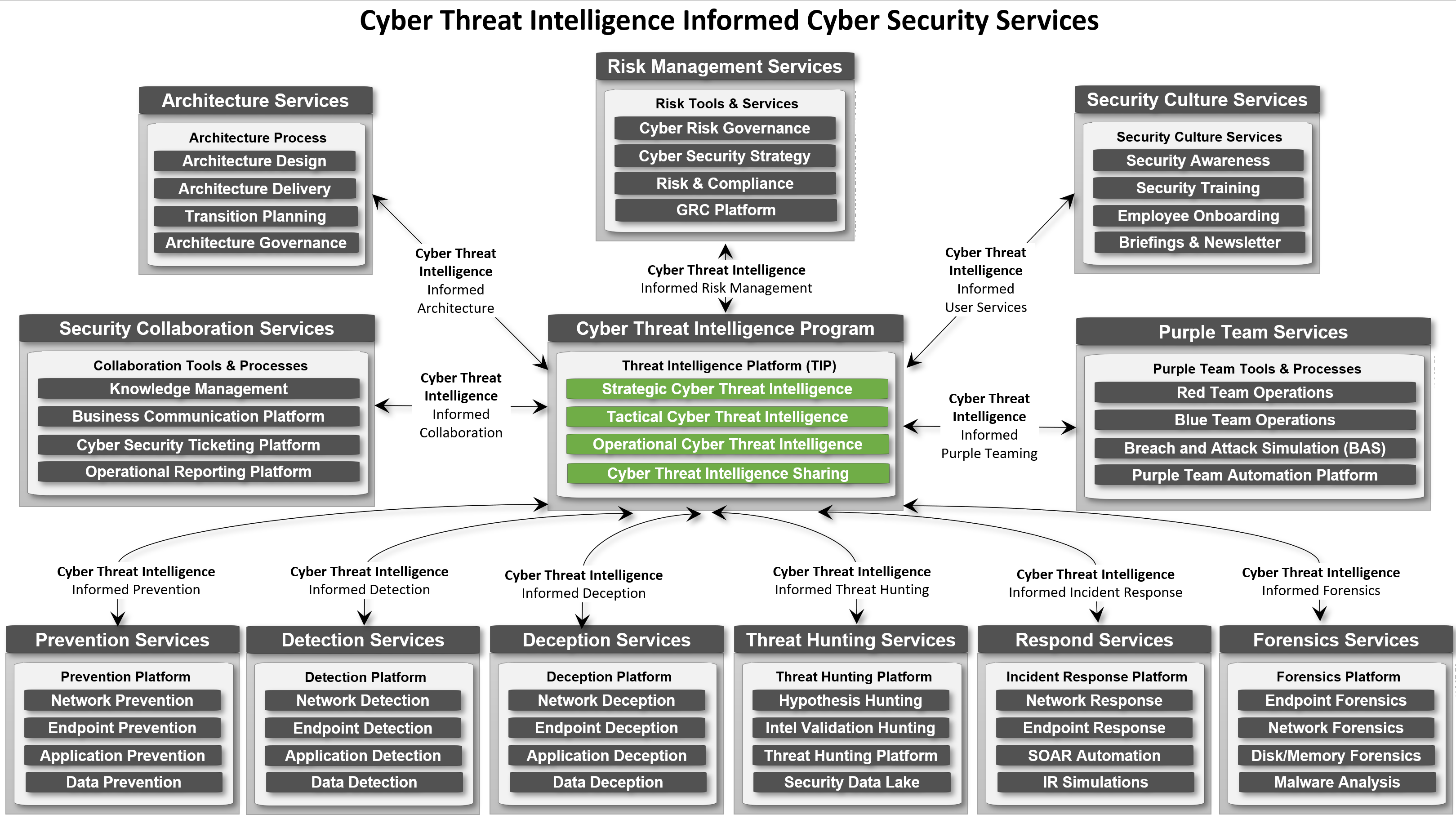Rogue States: A Global Threat To Stability And Security

“Charting a Course for Stability: The Republican Imperative in - Source kausernews.com
Editor's Note: "Rogue States: A Global Threat To Stability And Security" have published today date. This is an extremely important topic and we highly recommend taking the time to read it.
We've done some analysis, digging information, made Rogue States: A Global Threat To Stability And Security we put together this Rogue States: A Global Threat To Stability And Security guide to help target audience make the right decision.
Key differences or Key takeaways
FAQ
This FAQ section provides comprehensive answers to commonly asked questions regarding the topic of rogue states and their impact on global stability and security.

Infographic - The Cybersecurity Landscape :: Infographic - The - Source www.globalsign.com
Question 1: What defines a "rogue state" and what characteristics are typically associated with them?
A rogue state is a nation that consistently violates international norms and laws, often engaging in activities such as sponsoring terrorism, developing weapons of mass destruction, and human rights violations. These states often lack democratic institutions, repress dissent, and undermine regional and global security.
Question 2: What are the primary security threats posed by rogue states?
Rogue states pose significant security risks, including the potential for nuclear proliferation, support for terrorist organizations, and disruption of international trade and stability. Their actions can destabilize regions, escalate conflicts, and threaten global peace.
Question 3: What diplomatic and economic measures can be employed to address rogue states?
International efforts to deter rogue states include diplomatic isolation, sanctions, and negotiations. These measures aim to pressure the state into compliance with international norms and prevent them from acquiring or using weapons of mass destruction.
Question 4: How does military intervention play a role in dealing with rogue states?
Military intervention is considered a last resort against rogue states and is typically authorized through international consensus. However, such interventions raise concerns about civilian casualties, regional instability, and unintended consequences.
Question 5: What are the ethical and legal considerations when dealing with rogue states?
Addressing rogue states requires careful consideration of ethical and legal principles. The use of military force must adhere to international law and minimize civilian harm. Diplomatic and economic measures should aim to balance global security with respect for sovereignty and human rights.
Question 6: What are the potential consequences of ignoring or underestimating the threat posed by rogue states?
Failure to address rogue states can lead to unchecked proliferation of weapons of mass destruction, increased terrorist activity, and regional conflicts. Ignoring their threats can embolden these states and result in a more dangerous and insecure world.
In conclusion, understanding the complexities and threats posed by rogue states is crucial for maintaining global stability and security. A combination of diplomatic, economic, and military strategies must be carefully employed, guided by ethical and legal principles to effectively address this multifaceted challenge.
Proceed to the next article section for further insights and analysis.
Tips
Tips to keep in mind when addressing the topic of rogue states and their impact on global stability and security:
Tip 1: Understand the definition of a rogue state. A rogue state is a nation that disregards international law and norms, supports terrorism, and/or develops weapons of mass destruction. Rogue States: A Global Threat To Stability And Security
Tip 2: Be aware of the threats posed by rogue states. Rogue states can destabilize entire regions, threaten global peace and security, and violate human rights.
Tip 3: Take steps to prevent rogue states from emerging. The international community can cooperate to prevent states from becoming rogue by promoting democracy, human rights, and economic development.
Tip 4: Develop strategies to deal with existing rogue states. The international community can use various tools, such as diplomacy, sanctions, and military intervention, to address the threats posed by rogue states.
Tip 5: Strengthen international institutions. International organizations play a crucial role in promoting global security and addressing the threats posed by rogue states.
Tip 6: Support efforts to combat terrorism. Terrorism is a major threat to global security, and rogue states often support terrorist groups.
Tip 7: Promote non-proliferation. The spread of weapons of mass destruction (WMDs) is a serious threat to global security, and rogue states are often involved in WMD proliferation.
Tip 8: Respect international law. International law provides a framework for resolving disputes and maintaining global security. Rogue states often disregard international law, which undermines the global order.
These tips can help individuals and policymakers better understand the challenges posed by rogue states and contribute to efforts to promote global stability and security.
Rogue States: A Global Threat To Stability And Security
Rogue states, characterized by their defiance of international norms and pursuit of dangerous policies, pose a significant threat to global stability and security. Understanding the multifaceted nature of rogue states is crucial for developing effective countermeasures.
- Nuclear Proliferation: Rogue states' pursuit of nuclear weapons exacerbates global tensions.
- State Sponsorship of Terrorism: They provide support to terrorist organizations, destabilizing regions.
- Human Rights Violations: Rogue states often engage in systematic human rights abuses, suppressing dissent and undermining stability.
- Cyber Warfare: They employ cyber attacks to target critical infrastructure, businesses, and individuals.
- Economic Coercion: Rogue states use economic power to manipulate and control other nations.
- Regional Instability: Their actions ignite regional conflicts and undermine diplomatic efforts.
These key aspects underscore the multifaceted threat posed by rogue states. Their nuclear ambitions, sponsorship of terrorism, disregard for human rights, and engagement in cyber warfare and economic coercion destabilize global order. By recognizing these key elements, the international community can work towards containment and mitigation strategies to ensure stability and security.

Cyber Threat Intelligence-informed Services - A key strategic outlook - Source correlatedsecurity.com

Hypersonic Weapons: A Threat to Stability » Wavell Room - Source wavellroom.com
Rogue States: A Global Threat To Stability And Security
Rogue states pose a grave global threat to stability and security by undermining international norms, fostering conflict, and proliferating weapons of mass destruction. Their actions destabilize regions, fuel terrorism, and threaten the security of both neighboring countries and the broader international community. For instance, North Korea's nuclear and missile programs have escalated tensions on the Korean Peninsula, while Iran's support for terrorist groups has destabilized the Middle East.

Rogue States | Stephanie Syjuco - Source www.stephaniesyjuco.com
Understanding the connection between rogue states and global security is crucial for developing effective strategies to mitigate the risks they pose. This involves identifying the root causes of rogue state behavior, such as autocratic regimes, economic grievances, and ideological extremism. It also requires cooperation among nations to deter and punish rogue states for their actions. By working collectively, the international community can prevent rogue states from acquiring weapons of mass destruction, disrupting vital trade routes, or sponsoring terrorist attacks.
The practical significance of understanding the rogue state threat lies in its potential to inform policy decisions and enhance international security. Governments can use this knowledge to allocate resources for defense, intelligence gathering, and diplomatic efforts aimed at countering rogue states. Moreover, raising public awareness about the dangers posed by rogue states can mobilize support for policies that promote stability and security.
Conclusion
Rogue states continue to pose a significant threat to global security, threatening stability, fostering conflict, and spreading weapons of mass destruction. The international community must recognize the urgency of addressing this challenge and act collectively to deter and punish rogue states for their actions. By understanding the root causes and vulnerabilities of rogue states, governments and policymakers can develop effective strategies to mitigate the risks they pose and preserve the safety and security of the global community.
Continued vigilance and cooperation are essential for countering the rogue state threat. By working together, nations can prevent rogue states from destabilizing regions, undermining international norms, and threatening global security.



